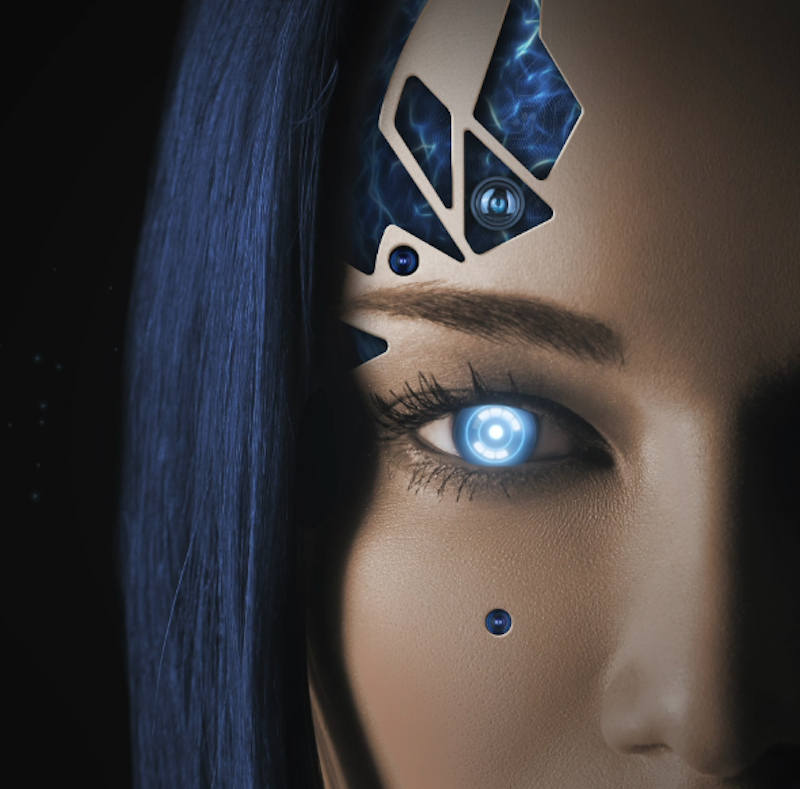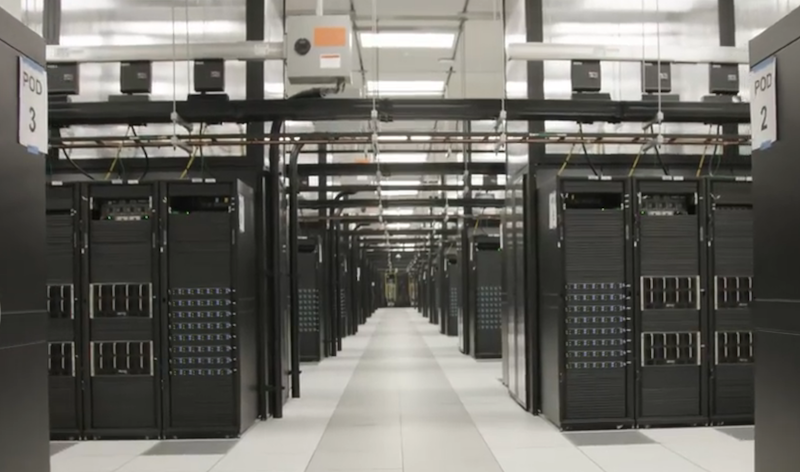
Facebook files patent for robotic eyeball
Social media giant Facebook has filed a patent for a robotic eyeball, according to a report on Gizmodo.com.
The “mechanical eyeball” is said to feature human-like abilities and can be integrated to humanoid or other types of robots.
Why Facebook, which recently rebranded itself as Meta, is developing a robot eyeball is subject to considerable speculation.
Some say it’s because the company wants to track people’s eye movements. But an eye tracking an eye doesn’t seem necessary when there are other, long-established systems for eye-tracking.
Facebook says in its patent filing that the “mechanical eyeball 100” – we don’t know what the “100” denotes – is “a robotic eye designed to resemble a (human) eye”.

Although Facebook declined to comment specifically about the patent, Gizmodo points out that the company has previously talked about giving robots a sense of touch through special materials it has been developing in partnership with Carnegie Mellon University.
At the time, November last year, Meta boss Mark Zuckerberg said in a Facebook post: “We designed a high-res touch sensor and worked with Carnegie Mellon to create a thin robot skin. This brings us one step closer to realistic virtual objects and physical interactions in the metaverse.”
This apparently piecemeal development of components for robots and other moving and tactile machines does not immediately make sense in terms of business, unless Meta is looking to supply robotics companies with these components or develop robots or machines of its own.
One of the “components” that sophisticated robots of the future – perhaps humanoid robots – will require for their operation is powerful computers.
It’s unlikely a typical humanoid robot, or any sort of currently available moving autonomous machine, will have the space or load-carrying capacity to have a powerful enough computer on board.
It’s more likely that the machines will be connected through the internet to powerful computers – or supercomputers, to be more precise.
To that end, Facebook or Meta has unveiled plans to develop “the world’s AI fastest supercomputer” (pictured above).
On its website, the company says: “We’ve designed and built the AI Research SuperCluster – which we believe is among the fastest AI supercomputers running today and will be the fastest AI supercomputer in the world when it’s fully built out in mid-2022.”
Main image: An artist’s illustration of the “Joyce” humanoid robot being developed by Immervision.
